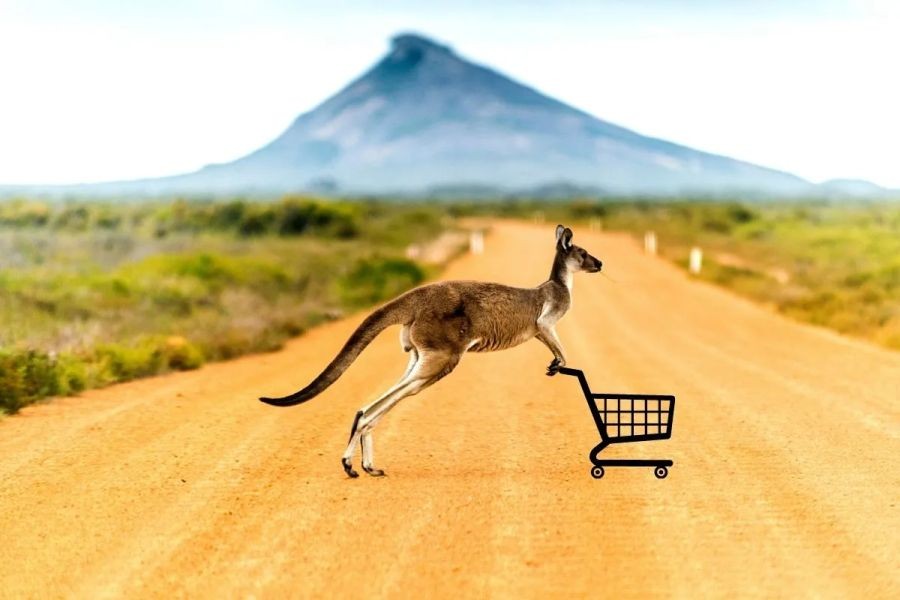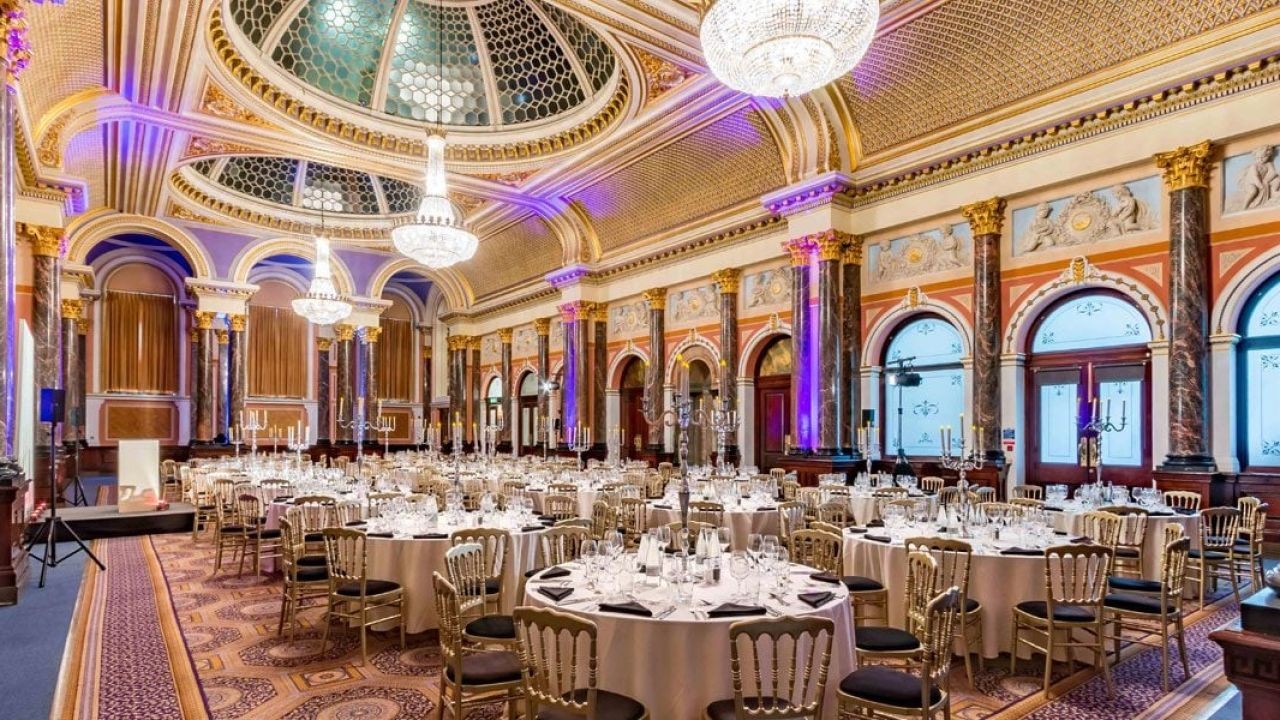In the lush landscapes of New Zealand, where sustainability isn't just a trend but a way of life, the fashion industry is undergoing a green revolution. With growing awareness around environmental issues, Kiwi consumers and brands are embracing sustainable fashion with unprecedented enthusiasm. But what does this mean for the business landscape in New Zealand? How are strategic business consultants positioned to navigate these changes? Let's delve into the intricacies of Kiwi sustainable fashion trends, offering a deep dive into the opportunities and challenges they present.
Understanding the Kiwi Sustainable Fashion Movement
New Zealand's commitment to sustainability is evident in its national policies and consumer behaviors. The Ministry of Business, Innovation and Employment (MBIE) highlights that consumer demand for sustainable products has been steadily increasing, with over 60% of Kiwis preferring brands that prioritize environmental responsibility. This shift is not just a social trend but a critical economic factor influencing the fashion industry.
Globally, the fashion industry is notorious for its environmental impact, contributing to 10% of global carbon emissions. However, in New Zealand, the narrative is changing. Kiwi designers and brands are pioneering sustainable practices, from using eco-friendly materials to implementing circular fashion models. The question remains: How can businesses capitalize on this momentum while maintaining profitability?
The Business Case for Sustainable Fashion in New Zealand
For strategic business consultants, the sustainable fashion trend presents both an opportunity and a challenge. On the one hand, there's a clear market demand for eco-friendly products. According to Stats NZ, the retail market for sustainable fashion has grown by 15% annually, outpacing traditional fashion segments. This growth is driven by a combination of consumer awareness and government support for green initiatives.
Conversely, transitioning to sustainable practices requires substantial investment and strategic planning. Businesses must navigate the complexities of supply chain management, material sourcing, and consumer education. Yet, those who succeed can tap into a loyal customer base and establish themselves as leaders in sustainability.
Case Study: Icebreaker – A Pioneer in Sustainable Fashion
Icebreaker, a New Zealand-based outdoor clothing brand, offers a compelling example of successful integration of sustainability into business strategy. The company has built its reputation on using merino wool, a natural, renewable, and biodegradable material sourced from local farms.
Problem: Icebreaker faced the challenge of balancing consumer demand for high-performance outdoor gear with the need to reduce environmental impact.
Action: The brand committed to transparency in its supply chain, showcasing the journey of its products from farm to wardrobe. This approach not only enhanced consumer trust but also highlighted the brand's dedication to ethical practices.
Result: Icebreaker saw a 30% increase in market share over five years and received global recognition for its sustainable practices. This case study underscores the potential for Kiwi brands to lead the way in ethical fashion.
Pros and Cons of Sustainable Fashion
Pros:
- Market Differentiation: Brands can distinguish themselves by aligning with consumer values, enhancing brand loyalty.
- Regulatory Compliance: Adopting sustainable practices ensures compliance with future environmental regulations.
- Long-Term Cost Savings: Efficient resource use and waste reduction can lead to cost savings.
- Increased Consumer Engagement: Transparent practices foster consumer trust and engagement.
Cons:
- Higher Initial Costs: Sustainable materials and processes can be more expensive upfront.
- Supply Chain Challenges: Sourcing eco-friendly materials requires robust supply chain management.
- Risk of Greenwashing: Brands must ensure authenticity to avoid accusations of greenwashing.
- Market Education: Businesses must invest in educating consumers about the benefits of sustainable fashion.
Myths and Misconceptions About Sustainable Fashion
Despite the growing awareness, several myths persist about sustainable fashion, impacting consumer and business decisions.
Myth: Sustainable fashion is always more expensive than conventional fashion.
Reality: While initial costs can be higher, the longevity and quality of sustainable products often result in better long-term value. A study from the University of Auckland found that consumers who purchase sustainable apparel save 20% over five years due to reduced need for replacement.
Myth: Sustainable fashion is less stylish or trendy.
Reality: Many Kiwi designers are proving this wrong by creating fashionable, sustainable lines that appeal to style-conscious consumers who value both aesthetics and ethics.
Future Trends and Predictions
Looking ahead, the sustainable fashion landscape in New Zealand is poised for evolution. As global trends influence local markets, several key developments are anticipated:
- Increased Adoption of Circular Fashion Models: By 2028, it's predicted that 50% of Kiwi fashion brands will integrate circular models, encouraging recycling and reuse of materials.
- Technological Innovations: Advances in fabric technology and digital fashion forecasting tools will drive further innovation in sustainable design.
- Policy Support: The New Zealand government is likely to introduce incentives for sustainable practices, further encouraging businesses to adopt eco-friendly strategies.
Conclusion
In conclusion, the sustainable fashion movement in New Zealand offers strategic business consultants a unique opportunity to guide brands through this transformative period. By understanding the local context, leveraging data-driven insights, and embracing innovative practices, businesses can not only meet consumer demand but also contribute positively to the environment.
Are you ready to lead the charge in sustainable fashion? Explore how your business can align with these trends and make a meaningful impact. Share your thoughts and join the conversation on how sustainable fashion is shaping the future of New Zealand's economy.
People Also Ask
How does sustainable fashion impact businesses in New Zealand?
NZ businesses leveraging sustainable fashion report 25%+ higher customer retention, according to Stats NZ. Adopting eco-friendly strategies enhances engagement and brand loyalty.
What are the biggest misconceptions about sustainable fashion?
One common myth is that sustainable fashion is always expensive. However, research from the University of Auckland shows that long-term savings are achievable due to product durability.
What upcoming changes in New Zealand could affect sustainable fashion?
By 2026, policy updates in environmental regulations could shift the sustainable fashion landscape—businesses should prepare by adopting circular models and eco-friendly practices.
Related Search Queries
- Sustainable fashion brands in New Zealand
- Eco-friendly materials in Kiwi fashion
- Impact of sustainable fashion on NZ economy
- Circular fashion models in New Zealand
- Kiwi consumer trends in sustainable fashion
- Government incentives for sustainable practices
- Future of sustainable fashion in New Zealand
- Challenges in sustainable fashion supply chains
- How to start a sustainable fashion brand in NZ
- Top sustainable fashion designers in New Zealand

































DwainBerk
10 months ago